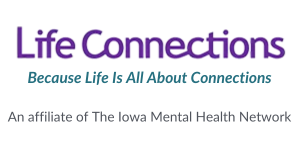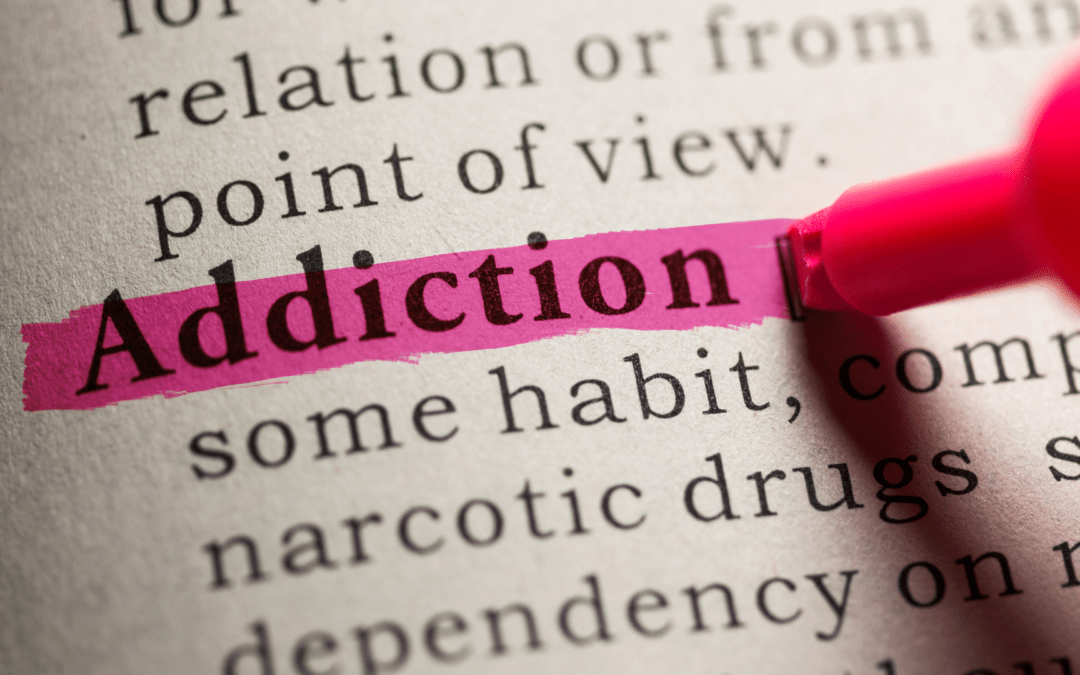Mitch Hedberg, an American writer and comedian, joked that “Alcoholism is the only disease that you can get yelled at for having.” The disease model of addiction came about in the 1960’s when E.M. Jellinek wrote a book describing the model. It took some time for it to be embraced by the masses, and still you can find a few holdouts that do not subscribe to addiction as a disease; however, the majority of professionals in the field use some form of the disease model.
This approach has done an amazing job of challenging the stigma of addiction, and encourages people to be more open about discussing their addictions. It also reminds those of working with individuals suffering with addiction that they are indeed suffering and not simply choosing these behaviors and the negative outcomes that may come with these behaviors. However, there is concern that the disease model still leaves the notion that there is something fundamentally flawed with the person struggling with addiction, that their entire system has been compromised, and they are “diseased for life”. This is why some see the disease model as lacking in its approach. It isn’t difficult to see addiction, or more specifically substance use, as being a reaction to another area of concern in someone’s life. People may think, “Maybe they are bored, depressed, or stressed;” in those situations, addictions of all sorts are symptoms of a problem and not the root cause.
Let’s say your grandmother has hip replacement surgery, during surgery and in her recovery she is prescribed an opioid painkiller.
Suppose you are aware of the potential of abuse when it comes to this medication so you start to monitor the numbers of the pills and the frequency at which they are taken, and it appears that grandma is taking the medication a little more than she was advised to. You bring this to her attention and she agrees to stick to the regimen given by the doctor but again you see the steady increase in pills that she is taking. Does she need help? Yeah, it’s probably a good idea. Does she suddenly become one of the “diseased”? Of course not. There are many reasons why the disease model has been adopted and used for decades. There are also many reasons where it isn’t a good way to look at the phenomenon of substance use as a whole.
I try to remind people that everyone battles with addiction in one form or another. You, your friends, me, police officers, teachers, business people, lawyers, doctors, all have some form of addiction. It might be smoking cigarettes, drinking coffee, the internet, television, their work, money, going to the gym, food, the list is almost endless. You will even sacrifice things you probably shouldn’t in order to get to your addiction. Perhaps your health takes a back seat. Maybe you’re working a little too much and leaving your family at home without you. Perhaps you should get to work on that novel you’ve been thinking about writing but just one more game of Candy Crush.
Addiction simply comes down to the basics of what we know about human brain chemistry and the reward pathway. If you find something that helps you deal with the forces in this world that you don’t have control over, your brain will want to go back to it again and again. It would do us all some good to be aware of ourselves and these things in our lives.
Nobody should be sacrificing things that they would rather not lose to any addiction. The fact of the matter though, is that if you are struggling with an addiction, you are not fundamentally flawed. You are not diseased, unless we all are. Just because we all are afflicted doesn’t mean it isn’t a problem, but just because your addiction isn’t legal doesn’t mean you are all of a sudden diseased.
We are getting better. The disease model is a great step in the right direction but it is just that, a stepping stone. We should really broaden our idea of what the nature of addiction actually looks like. Stop with the stigmas, be very careful with labels, and take a real good look inside at yourself. Again, no shame no judgement; just make sure that you have a good idea of what you do and why. The world is a tough enough place without the added pressure of feeling bad about the things in this life that bring you joy. Just don’t let them take over.
Tracy Carstensen, CADC, Substance Use Counselor
Because Life is All About Connections
Life Connections provides in-home Behavioral Health Intervention services, Therapy services, autism (ABA) services and Children’s Mental Health waiver services in our 13 office locations and approved schools across Iowa. Life Connections was founded in March of 2009 with the intent to serve the children and families of Cedar Rapids and surrounding cities.
Life Connections is a highly professional and caring counseling and behavioral health provider. We offer a wide array of services to treat mental health issues including Applied Behavior Analysis Services, Behavioral Health Intervention Services, mental health therapy, school-based therapy programs, and substance use treatment.
For more information, please call 319-409-6922.
Resources:
- National Suicide Prevention Hotline 800-273-8255
- Crisis Text line text to 741741
- The Trevor Project – for LGBTQ+ young adult community 866-488-7386
- Rape, Abuse, and Incest National Network 800-656-4673
Start Your Services
Start Mental & Behavioral Health Services with Life Connections | Because life is all about connections.

